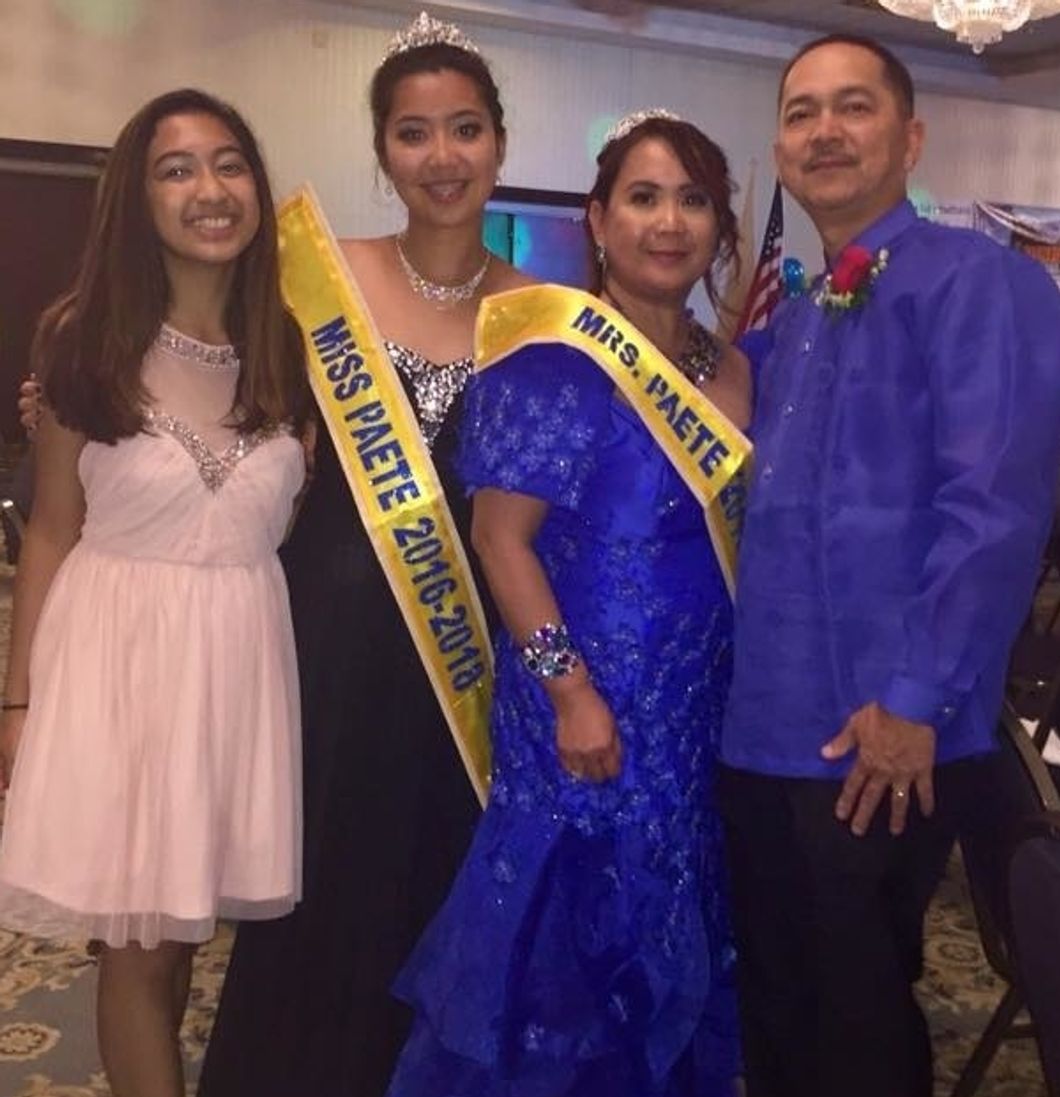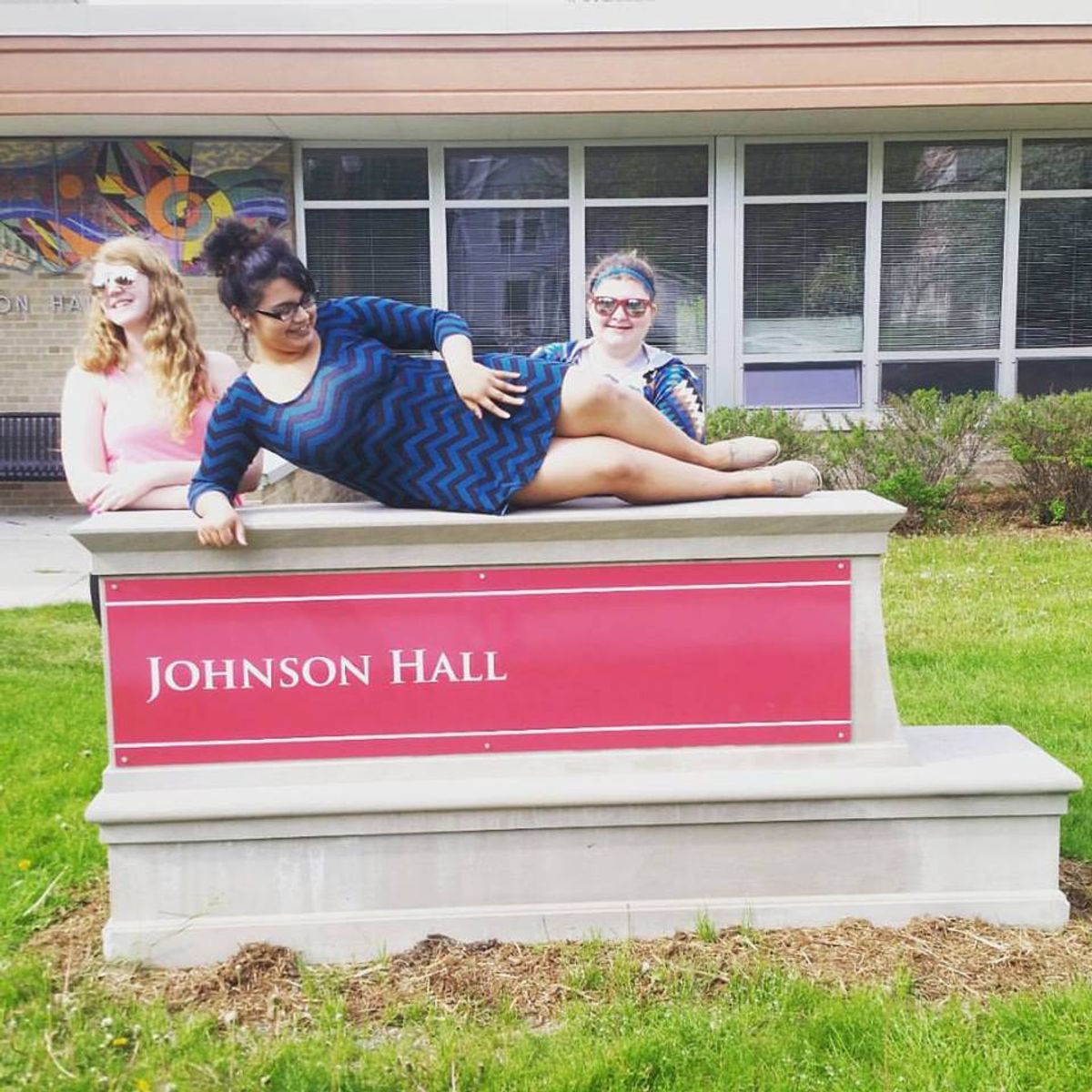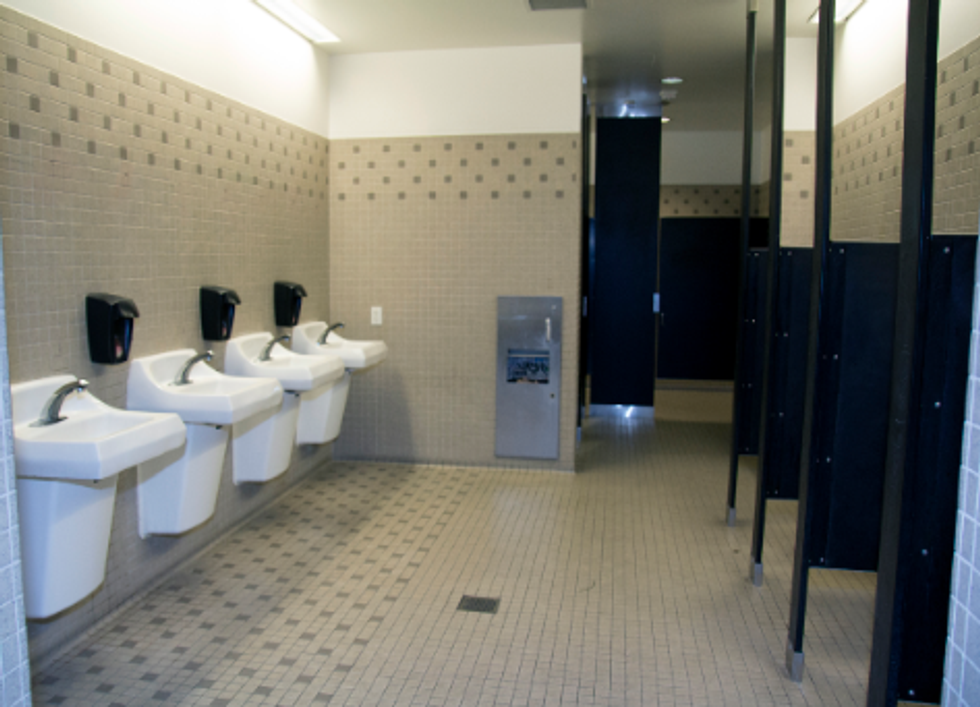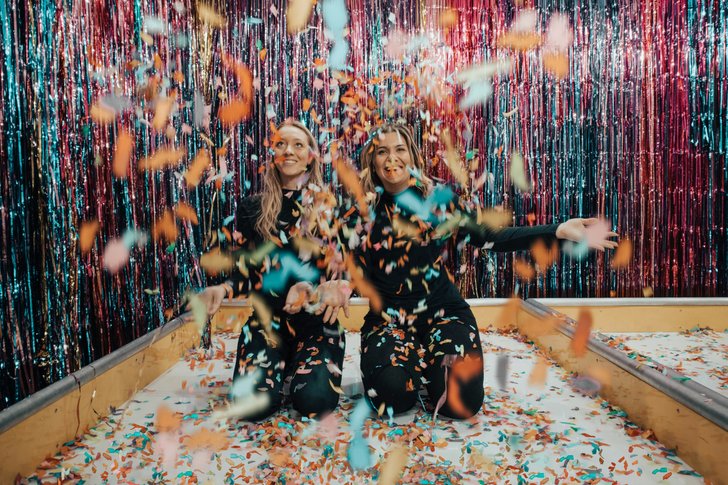Dalawa. Translate that from Tagalog to English - two. Two cultures: Filipino and American. Isa. Translate that from Tagalog to English: one.One person: myself. I identify myself as a Filipina-American. I was exposed to both Filipino and American cultures. My family implemented the Filipino culture to me at a young age, whereas the American culture was introduced to me outside my home. A hybrid of both cultures is inevitable as a first-generation kid. I appreciate my dual identity, however, there are times when these cultures cannot simply overlap.
It is a unique experience living as a first-generation kid. Although I was raised in Chicago, I did not pick up on American culture right away. I spent most of my time at home when I was younger. Therefore, I was mostly with my family which was strictly Filipino. Outside my home, I took every opportunity to learn the American culture. I vividly remember an incident when I was younger: one of my classmates asked me if I took showers. At that moment, I did not know what a shower was. I did not have a shower head as most people did at the time. Just like everyone else, we had a bathtub. However, my family also had a tabo, a bucket full of water used to take a bath-- this was very typical in the Philippines. Moreover, every time my sister and I had to take a "shower" my mom would say it in Tagalog: "ma ligo," which in English is "take a bath." Therefore, I casually said no I did not take a shower. Everyone instantly was grossed out about it but then I quickly thought of something else to say: I told them I take baths instead of showers and everyone was not making fun of me anymore. That day, I learned what a shower was.
Misunderstandings between my parents and I were common. My parents were raised in the Philippines so they do not fully agree with some of the American practices. American culture is an individualist culture, while Filipino culture is a pluralist culture. My parents already had a path for me and expected me to follow it. They wanted me to go to college close to home and become a nurse. To them, we were isa. One. I respected my parents, but it is hard to disobey them: it was forbidden. I wanted to be an individual, not one with my parents. More than that, I needed to figure out how to exist with an identity of dalawa. Two. For a while, I was conflicted because I could not do whatever I wanted. I wanted to be Filipino enough for my family but there was a lack of Filipino and Asian influences. I went to predominantly Hispanic and black schools so it was hard to find someone to relate to at a cultural level.
Being a Filipina-American is recognizing both the Filipino and American cultures. Choosing to be a Filipina-American is to incorporate both cultures in my life. I cannot pick one culture over the other, for it is a part of who I am. Both of those cultures have made me the motivated and curious individual I am today. I am isa.











 Photo by
Photo by 








